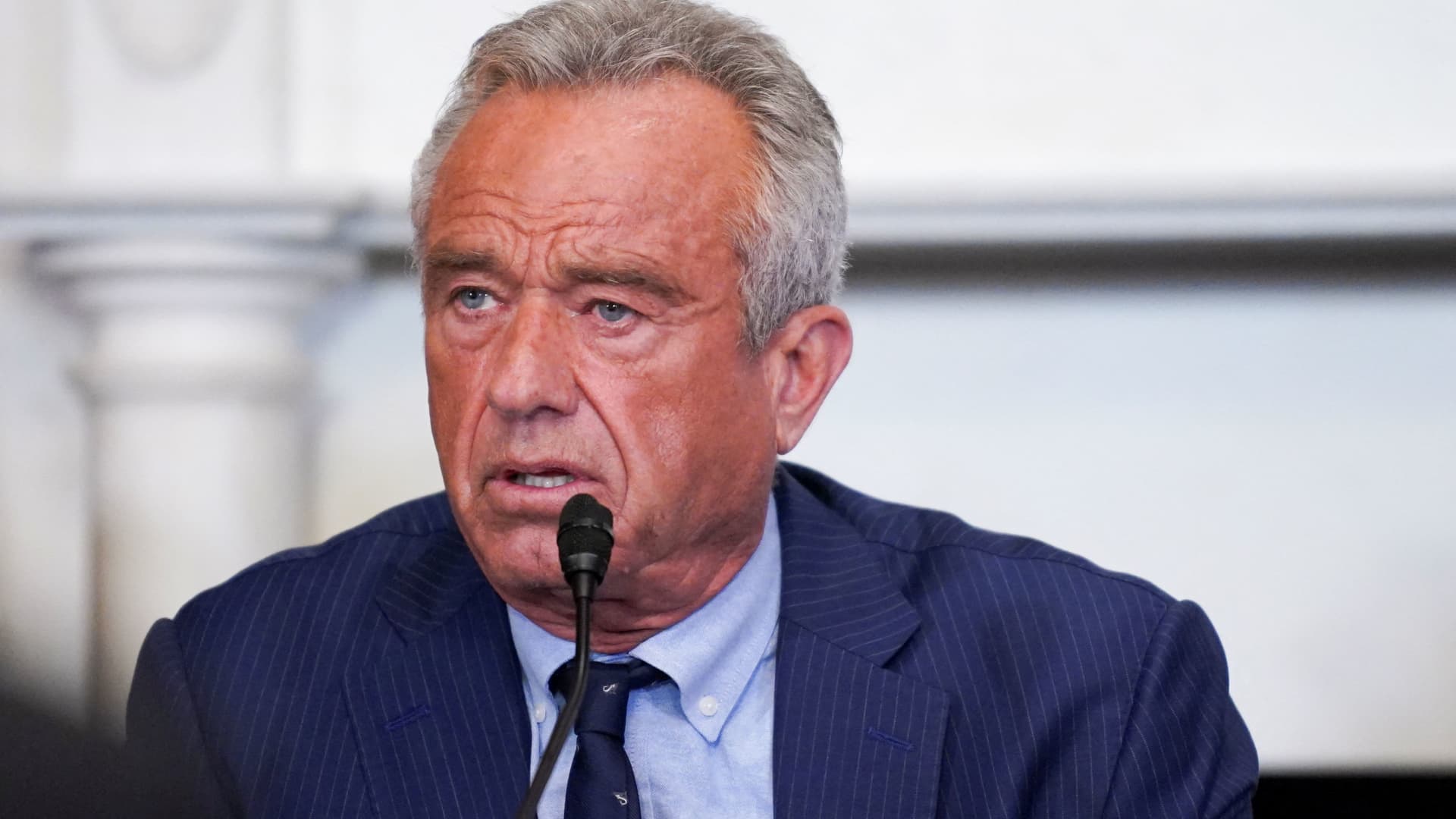The Department of Health and Human Services will cancel contracts and pull funding for some vaccines that are being developed to fight respiratory viruses like Covid-19 and the flu.
Why it matters
- The decision to cut funding may slow the progress of vaccines aimed at combating respiratory viruses, including COVID-19 and influenza.
- This move reflects a shift in government priorities regarding public health initiatives and vaccine research.
- The cancellation of contracts could impact ongoing clinical trials and further research necessary for future pandemics.
In a significant shift in public health policy, the Department of Health and Human Services (HHS) has announced its decision to terminate contracts and cease funding for several vaccine development projects aimed at tackling respiratory illnesses, including COVID-19 and the flu. This decision has raised concerns among health experts and has the potential to impact the preparedness for future respiratory virus outbreaks.
The HHS's reallocation of resources comes at a time when the need for effective vaccines has never been more critical. The COVID-19 pandemic highlighted the importance of rapid vaccine development and deployment, and many experts believe that investment in vaccine research should remain a top priority. The abrupt withdrawal of financial support for these crucial vaccine initiatives poses risks not only to the ongoing research but also to public health safety in the future.
Several vaccine candidates that were in various stages of development will be affected by this funding cut. These projects were designed to provide a robust response to respiratory viruses, which continue to pose significant threats to global health. The focus on developing vaccines for COVID-19 and flu was seen as an essential strategy to prevent the overwhelming of healthcare systems, especially during peak seasons of respiratory illnesses.
The HHS's decision has drawn attention from public health officials and vaccine advocates who argue that halting funding could hinder progress in vaccine science. They emphasize that the world remains susceptible to the emergence of new viral strains, and having a pipeline of vaccines ready for deployment is crucial for managing future health crises effectively. The funding cuts could lead to delays in clinical trials, impacting the timeline for bringing new vaccines to market.
Furthermore, the implications of this decision extend beyond just the immediate vaccine candidates. The funding cancellation may discourage private investors and pharmaceutical companies from pursuing further research in this critical area. If public funding is withdrawn, the financial burden falls heavily on private entities, which may not have the same level of motivation to prioritize public health over profit.
Critics of the HHS's decision have pointed out that the ongoing threat of respiratory viruses necessitates a sustained investment in vaccine research. They argue that the government should be ramping up efforts to ensure that vaccine development is not only maintained but also encouraged, particularly in light of the lessons learned from the COVID-19 pandemic. The public's confidence in vaccine efficacy and safety is paramount, and cutting funding does little to foster an environment of trust and assurance.
In the broader context, this funding cut reflects a shift in governmental focus as the pandemic's urgency has diminished in some areas. While the government may believe that the immediate crisis is under control, experts warn that the landscape of infectious diseases is always evolving. New variants of viruses can emerge at any time, underscoring the need for a proactive approach to vaccine development.
The HHS has stated that it will redirect resources towards other health priorities, but many are questioning whether this is the right move in a world still grappling with the impacts of COVID-19. The balance between addressing current health needs and preparing for future threats is delicate, and the decision to cut funding for vaccine research may tip the scales unfavorably.
As discussions continue around the future of public health funding and vaccine development, stakeholders across the healthcare spectrum are calling for a reevaluation of priorities. The importance of maintaining a robust public health infrastructure cannot be overstated, and the consequences of cutting funding for essential vaccine research will likely be felt for years to come. The road ahead for respiratory virus vaccines now appears uncertain, as innovation in this space faces significant challenges due to the sudden withdrawal of support from a key government agency.











